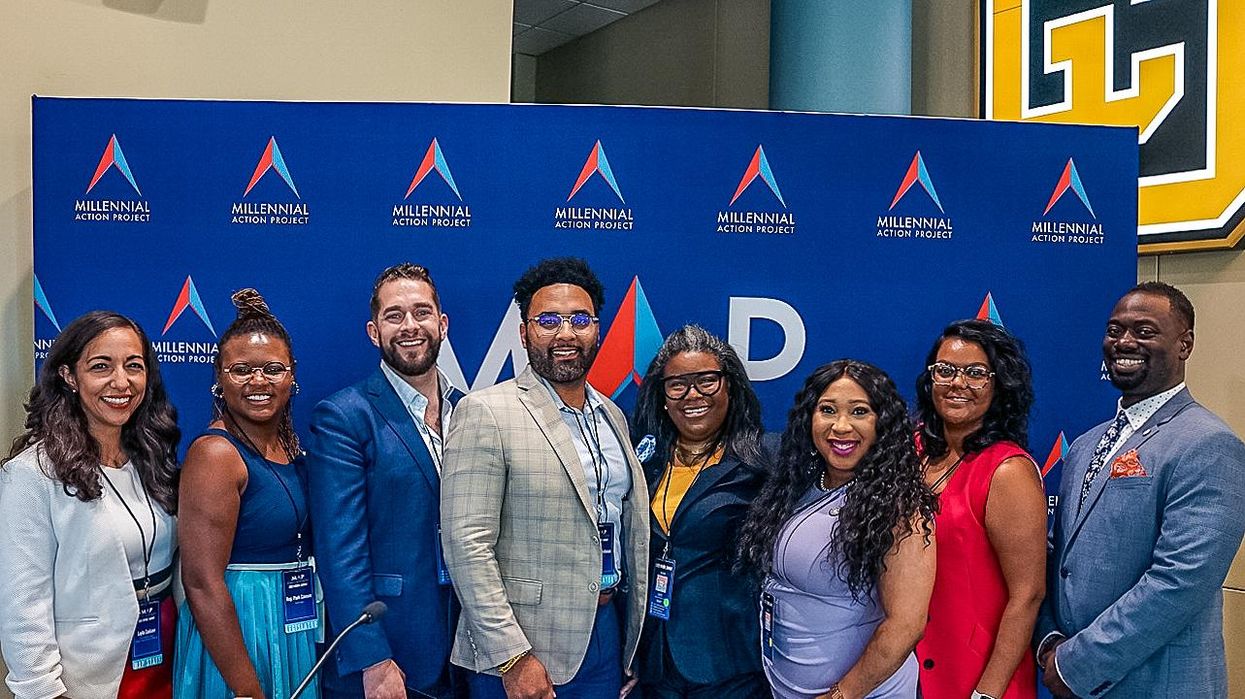Zaidane is the president and CEO of the Millennial Action Project.
It’s no surprise that Gen Z and millennials operate differently from older generations on everything from when they get married to how they approach money. But one thing the most diverse generations yet are doing differently is surprisingly under-reported: They’re bringing a new and more effective style of leadership to legislatures across the country.
Not only have we seen them prioritize future-focused solutions on issues like climate change, criminal justice reform, cost and access to higher education, and more — but they’ve done so in a more collaborative and bipartisan fashion than their older peers. At my organization, Millennial Action Project, we’ve been tracking these young agents of change and recently released a report called “The State of Young State Leadership.” Here’s what we found:
Young people only make up 20.7 percent of state legislatures. That’s right – despite being the largest generation, millennials and Gen Z only make up one-fifth of our nation’s state legislative chambers. While the average age of the country is 38, the average age of a state legislator is 56. I’ll let you guess what the average age of Congress is. And unfortunately, indications point to state legislatures and Congress only getting older.
While there is value in having older, seasoned lawmakers in office, it does more harm than good when it's at the expense of uplifting young or diverse leaders who can bring new perspectives to the policymaking process. And after tracking 1,535 legislators under the age of 45, we can safely say that this group’s success as bridge builders is incredibly high.
Young legislators are responsible for authoring 32.9 percent of all bipartisan legislation that actually gets passed – busting any claim that young people in legislatures are more partisan or uncooperative than older generations. In my work at MAP, we have found that, while opinionated and outspoken, young legislators are able to strike a balance between bringing their full selves and opinions to the table and successfully collaborating across the aisle. While young people did not create the problems we’re facing, it appears that we’re idealistic enough to believe we can solve them and pragmatic enough to know that building coalitions is a necessary step to creating change.
Importantly, 266 of the 1,535 young state legislators are in at least one senior leadership position, including speaker, Senate president, president pro tempore, majority/minority leader, majority/minority whip/assistant leader, or caucus or conference Leader. In addition 401 young legislators are in a committee chair position, and 444 are in a vice chair position. Young people hold positions of power within state capitols, and they’re using it to great effect.
It makes sense that individuals who can persuade, listen and “strike a deal” often rise into these leadership positions. The data show that by this measure of assessment, young people certainly make the cut. Their bipartisan track record and presence in leadership positions prove that not only are young officials up for the challenge of holding public office — they are excelling at it.




















Trump & Hegseth gave Mark Kelly a huge 2028 gift